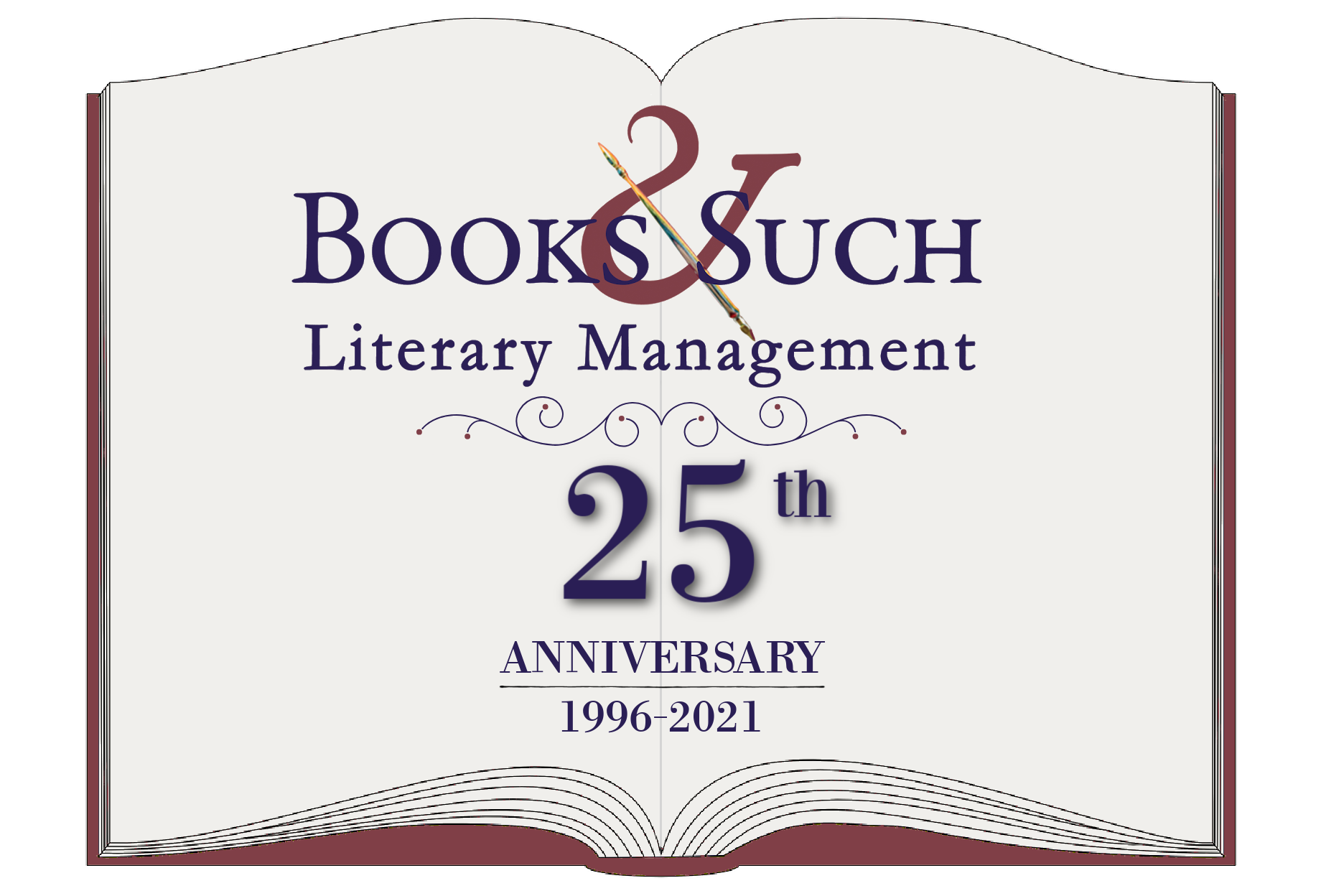Christian romance–some people believe that to be an oxymoron because they equate romance with unbridled passion. Not necessarily.
Christian romance is one genre of the Christian fiction realm. Christian romances tell the story of a hero and heroine overcoming obstacles to fall in love and making a lifelong commitment by the book’s end. Sometimes those endings will lead to marriage, and sometimes the reader is left with the happy couple newly engaged.
Quality Christian romances include:
- Hero and heroine
- Character journeys
- A believable plot
- Conflict
- Happily ever after resolution
- An element of faith in Jesus Christ woven through the plot
Quality Christian romances do not include:
- Strong language
- Bedroom scenes
- Same sex partners as main characters
- Graphic violence
- Intimate relationships between unmarried couples
- Preachiness
In the past I’ve mentioned I write romance, and many people ask, “Are you writing one of those smut books?”
I resist rolling my eyes and reply, “My books are Christian romances.”
“Oh.”
Sometimes the person will ask for an explanation, and other times that person will walk away before I stand behind my pulpit and give them a sermon. Of course, I don’t preach to them, but some people hear ‘Christian’ and assume a sermon is right around the corner.
Writers of quality Christian fiction do weave in a thread of faith, but we try not to preach to our readers. Instead we strive to show our characters’ faith in Jesus through their actions–you know, show not tell. We show our characters’ longings from emotional tenderness than physical desire. There is a time and a place for those steamy scenes. In Christian romance, it’s usually after the couple is married and happens behind closed doors. I say usually because a character may have a past, but once she commits herself to Christ, she should be depicted as wanting to honor God with the way she lives her life.
Publishing houses offer their own set of guidelines about the levels of violence, language and sensuality that may be included in a novel. My parent publisher
Harlequin sells books to the
ABA and
CBA, so their
Love Inspired Christian fiction novels must fit
CBA guidelines.
Love Inspired’s mission statement states, “The Love Inspired fiction program features wholesome Christian romance that will help women to better guide themselves, their families and their communities toward purposeful, faith-driven lives.”
So when you think of Christian romance, think wholesome or sweet. Some people grumble about the stricter guidelines, but I believe publishers want their novels to glorify God. After all, isn’t that what Christians are called to do?
Your turn: How would you define Christian romance? Do you find them sweet and wholesome or too restrictive for ‘real life?’








I love Christian romance, and I don't find it too restrictive. The definition Harlequin gives works for me. 🙂
I think you nailed the definition!
Would you believe it…I'm not much of a romance reader so I probably don't have a lot of gripping insight to reveal on this.
I did love your comment over at my blog today though!
~ Wendy
I can't believe someone called romances smut.
I do NOT write bedroom scenes or use strong language, but the fact of the matter is that the sexual love depicted in secular romances is not smut, it's natural and normal. The difference is we also believe it's holy in marriage and outside of marriage, sinful.
It makes me sad when people call secular romances smut because a secular romance is, like a Christian romance, about working past circumstances and conflicts to have a fulfilling, monogamous relationship.
When I think Christian romance I don't think wholesome and clean because I tend to love physical desire in my romances, ABA or CBA. I DO think Jesus and how faith in him strengthens the relationship between the characters.
You give a great assessment of Christian romances though. 🙂 And since Love Inspired is now my parent company, I'm careful to make sure my kisses don't get too crazy. lol
I don't find it restrictive in the least. I guess if you want to write bedroom scenes, though, that would be restrictive.
I love reading and writing Christian romances especially for the faith element. They help me grow in faith and question my own responses to things while offering a HEA. Can't beat that in my eyes.
Great post, LJ. I tend to have a double-fear of telling people what I write. I fear when they hear "romance" they'll think bodice-ripper and when they hear "Christian" they'll think trite or unrealistic. Neither of which are true…of my writing (at least IMO!) and of the bulk of Christian romances out there. I do think there's a balance Christian writers face of being, as you said, sweet and wholesome, but also gripping and believable. But it CAN be done…just look at Susan May Warren, Jenny B Jones, other faves…and yours, which I can't wait to read! People who wave Christian romance off before giving it a chance are missing out!
I wouldn't argue with your definitions at all, but I think this article is kind of funny from the perspective of somebody who's trying to write other than romance for the Christian market. From the rumors going around, romance is the definition of Christian fiction because the CBA, supposedly, will rarely publish anything else. So it's ironic, but being a Christian in the world is an irony in itself.
Erica, as a historical romance author, you're definitely familiar with the guidelines for Christian romances.
Thanks, Jessica! Loved your blog post today.
Wendy, I love women's fiction too because I can relate to many issues I read in WF. In fact, I have a WF novel completed that Rachelle and I decided to wait to shop around. We decided it would be best to focus on being a readership for my romances before introducing a WF novel.
You may not think you have a gripping insight, but as a married Christian woman, you understand how God defines the boundaries for love, romance and marital relationships. 🙂
Jessica, I love your perspective. Thanks for being so open and sharing it.
I used to get offended when people would put down romance writing, but that's the largest genre that sells. So I believe they put it down mainly because they don't understand it or appreciate the genre. Their choice.
I read a lot of secular romances as well as Christian romances. You're right about the secular characters having to overcome obstacles to come together and have their happily ever after. One of my all-time favorite books is Suzanne Brockman's Prince Joe because I loved the male character's backstory and his ability to overcome that to be a real hero.
God gave us passion and desire, but He also gave us boundaries. When I said wholesome, I meant within the appropriate confines of place. CBA romances do not allow bedroom scenes, but that doesn't mean they're not implied. You can have passion and still be wholesome. Julie Lessman's books are still terrific examples.
Eileen, I know what you mean about the faith element changing your life. I remember reading Brenda Coulter's Finding Hope, and crying in the shower because of the spiritual freedom I felt afterward. Christian fiction is life-changing. I look forward to reading your books someday. 🙂
Melissa, you're so right about people dismissing Christian romance and missing out because of their attitude. Susie Warren, Rachel Hauck, Ronie Kendig, Julie Lessman, Jenny B. Jones are just a handful of my favorite writers whose books have spark, yet stay within the boundaries God desires for us. Thanks for sharing your thoughts!
Jill, there's been tremendous growth in the Christian market over the past decade. When I first started reading Christian romances, I found mainly Jeanette Oke books, Grace Livingston Hill, and prairie romances. Those were all great reads, but now we have an explosion of choices. And new topics are being explored from a Christian viewpoint. What I love so much about being a Christian author is having the availability to reach out to readers through so many different genres. Thanks for sharing your thoughts.
Thanks for devoting a post to defining what Christian Romance is all about. I think your definition is fantastic! Keep writing for Him!!
I admit I was one of the ones who thought Christian Romance was an oxymoron. But then so was Christian Fiction. That made me scratch my head, too. So much so, I determined I would NEVER read that stuff. And now I write it… life is such a comedy!
Well said, Lisa. I wish I'd read this post before I went to my first-ever newspaper interview yesterday!
That was a good explanation of Christian romance. I, too, love books that show tenderness and not the explicit scene. I hope your future attenpts to discuss this will be profitable.
LISA … Great blog today, girl!!
You said, "CBA romances do not allow bedroom scenes." Uh-oh … then I'm in trouble because as you know, I DO have quite a few "bedroom" scenes in my books between the married characters, but I like to think of them as "fade-to-black" type bedroom scenes like in the old movies — not graphic but definitely hinting at the emotional and physical pull that God intended between married couples.
Do I find Christian romance too restrictive for "real life"? Well, yes and no. Obviously "no" for the millions of women who want to read sweet and wholesome and hearken back to a simpler timer (thus the enormous popularity of Amish fiction). This is a very important part of Christian fiction, but it's not the only part and if we insist that it be so, we lose the opportunity to minister to millions of women who need the spiritual message our books contain.
I guess when I write Christian romance, I am thinking of broadening the reach of ministry into a demographic that would never read a Christian novel to save their soul. BUT … they might if it contained passion they could relate to in today's amoral society (passion in line with God's precepts, of course).
Forgive me for getting on my soapbox, but this discussion has struck a chord with me that is at the very heart of why I write "passionate" Christian romance.
Look at the world today—it’s obsessed with illicit passion. Hollywood promotes adultery and unmarried couples sleeping together as sexy, and I can count on one hand how many young, unmarried women I know who are still virgins today, Christian or no. Why? Because passion is important! Not just to romance readers, but to everyone on the planet. We were created that way by a passionate God who analogizes His own depth of love for each of us in a very passionate love letter called “Song of Solomon.” And what happens? The world uses this beautiful, God-given gift to shove sin down peoples’ throats, and I, for one, am really sick of it. I think we need to have "sweet and wholesome" without question, but I also think Christian fiction should be well-rounded, using romantic passion the way it was intended — to teach people God’s precepts and therein, His love. I know for a fact based on letters from my readers that stories of romantic passion can and do translate into passion for God.
GREAT topic and discussion, Lisa!! Thanks for allowing me to be a part of it.
Hugs,
Julie